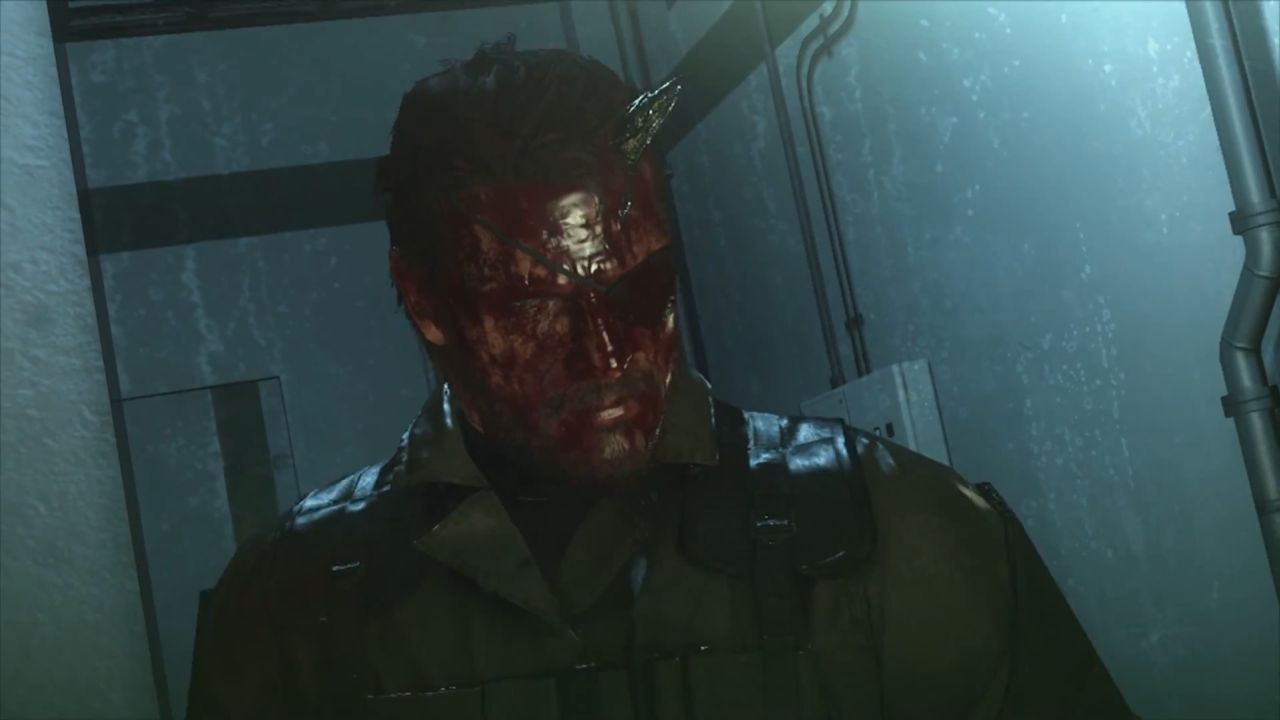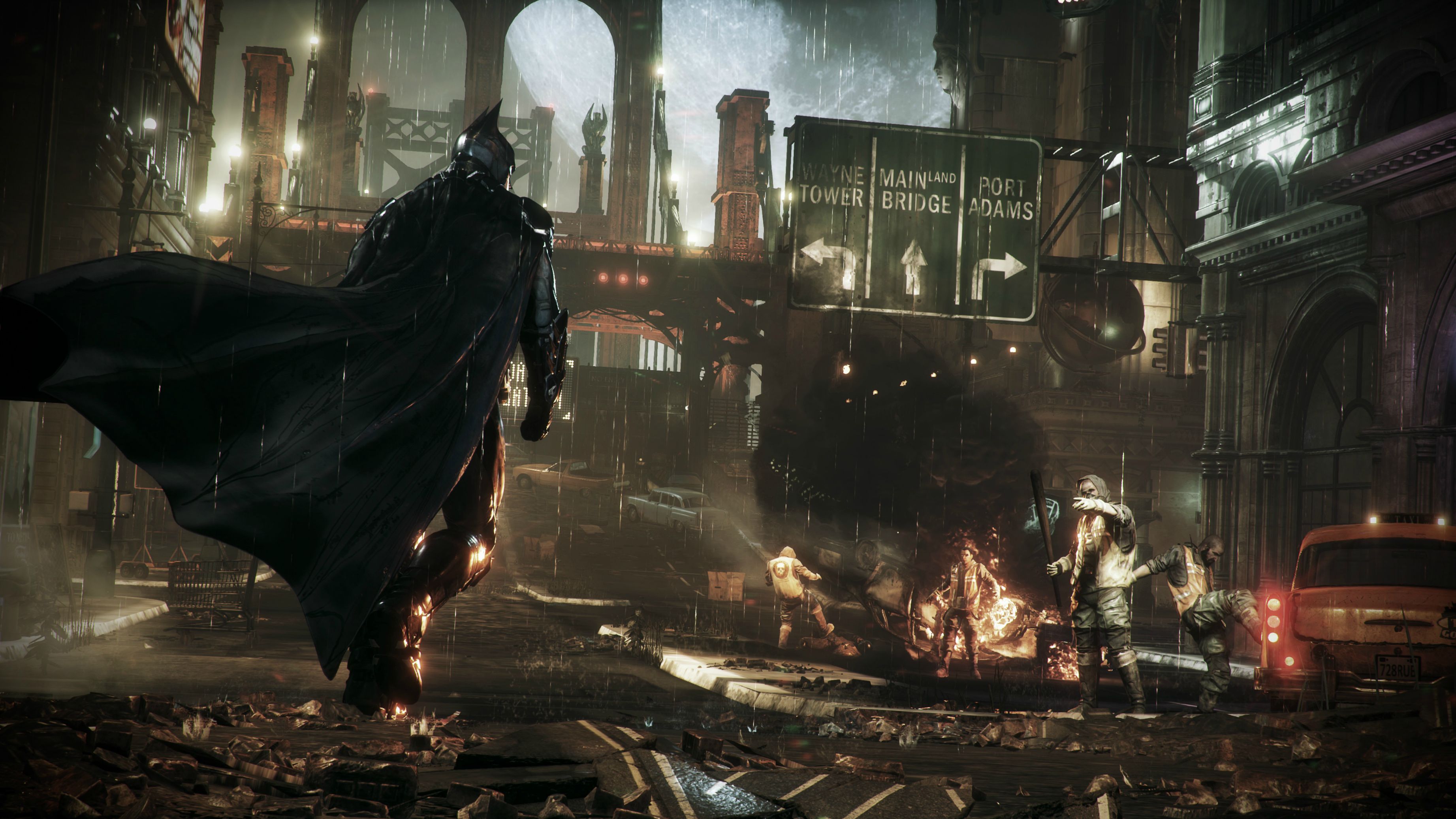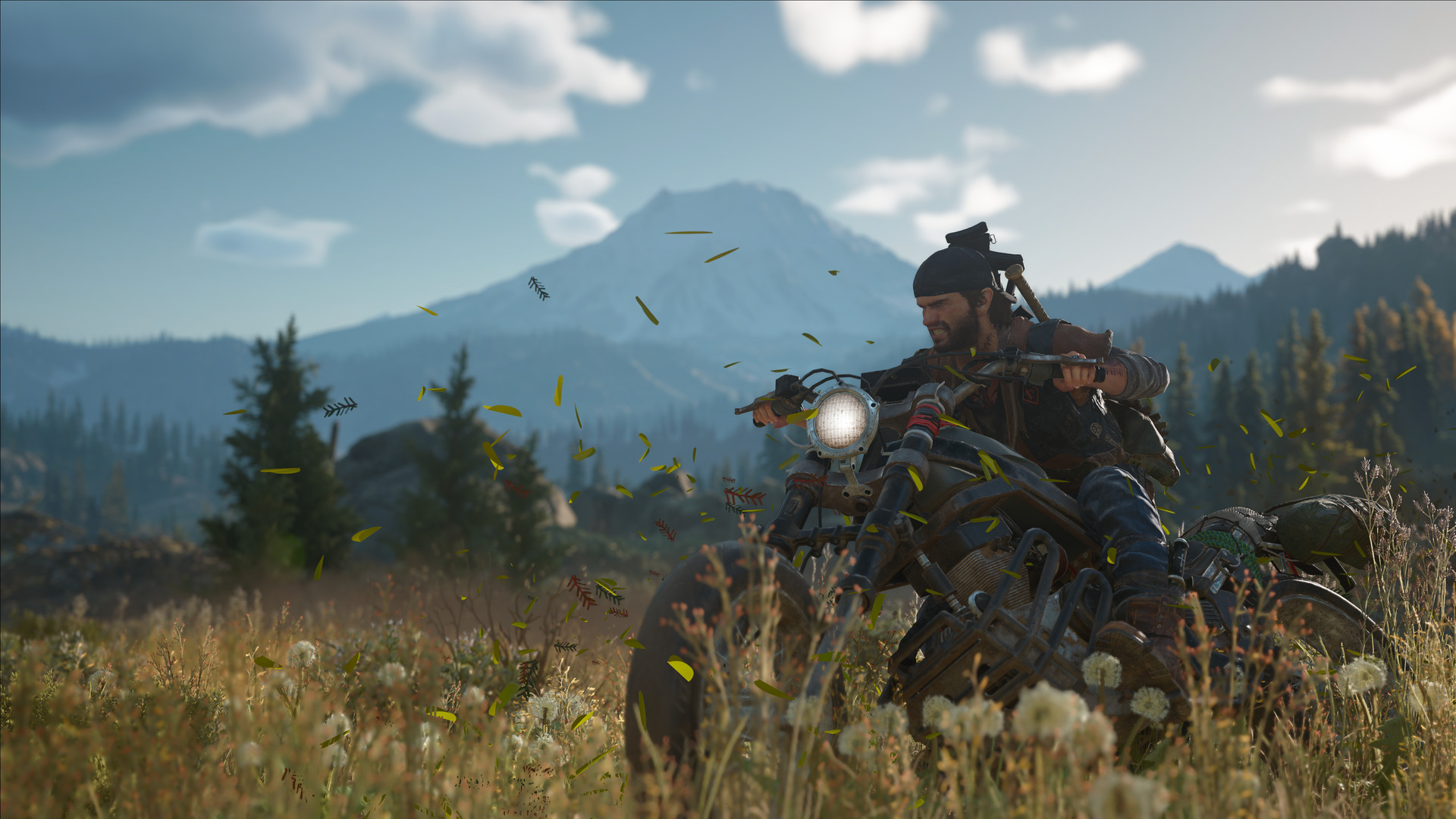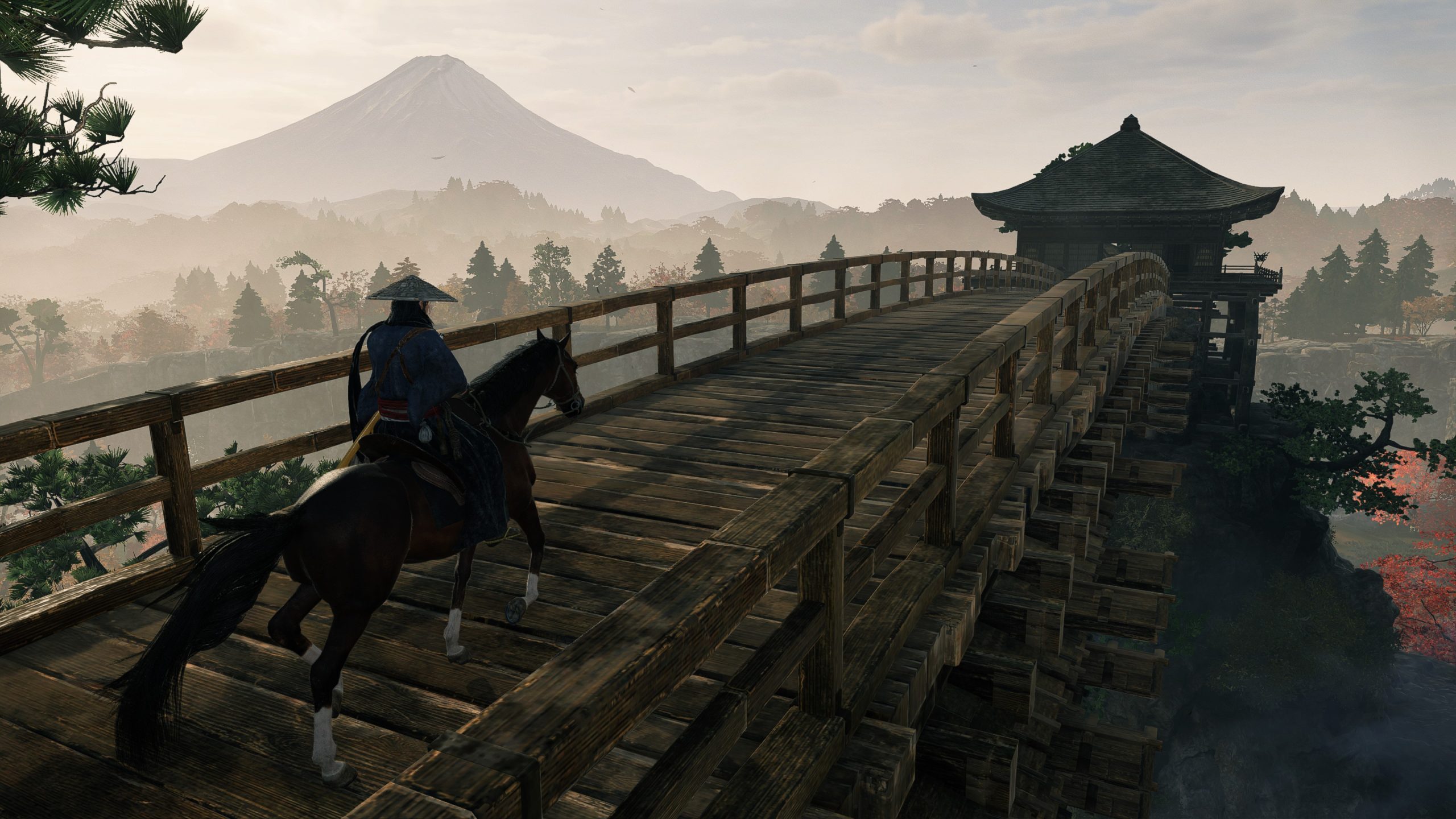Games that are universally beloved or disliked obviously often live long in the memory, but games that strongly divide opinion tend to have just as much staying power, if not more. With people falling on every side of the fence in the debate about how good these games are (or aren’t), discussions about them never really fully die down. Here, we’re going to talk about a few such single player titles.
THE LAST OF US PART 2
We had to start with this one, because it’s hard to think of many games that have ever been as divisive as The Last of Us Part 2. From a gameplay and design perspective, there’s little to dislike about this stealth horror action-adventure gem, but its story was one that continues to provoke strong reactions one way or another to this day. With half-true spoilers leaking out before the game came out, The Last of Us Part 2 seemed like it was on this path even before launch.
METAL GEAR SOLID 5: THE PHANTOM PAIN
Hideo Kojima has a knack for directing games that people are either going to love or hate (except, of course, when he creates ones that everyone just universally loves), and MGS5 is surely one of those divisive works, which is putting it mildly. From not being a finished product to controversial narrative decisions, there was plenty about The Phantom Pain that rubbed many the wrong way. At the same time, gameplay-wise, it was nothing short of a revelation, so you’re also going to get plenty of people telling you that it’s one of the best stealth games ever made.
BATMAN: ARKHAM KNIGHT
You know a trilogy is an all-timer when its weakest instalment is supposedly Arkham Knight, but compared to just how ubiquitous the love for Arkham Asylum and City was, Knight definitely had way more detractors. From predictable twists and revelations related to the central villain, to a bloated open world with an excess of repeated side activities, to, of course, is controversial implementation of the Batmobile, Arkham Knight stumbled in enough areas for many to take issue with it.
FALLOUT 4
For about a decade or so, Bethesda consistently delivered genre-defining open world RPGs with the likes of Morrowind, Oblivion, Fallout 3, and Skyrim, but Fallout 4 was definitely a step down from that. It was, of course, still a great game in its own right, thanks in large part to its compelling world, but there were many who felt that it shed too much of what made Bethesda RPGs great, from the simplified progression mechanics to the poorly implemented dialogue wheel.
STARFIELD
In hindsight, the consensus on Fallout 4 has grown a lot stronger with time, and it’s fair to say that Starfield has contributed to that by being significantly more divisive. With renewed emphasis on player choice and role playing mechanics and a rich sci-fi setting, there’s a lot to love about Bethesda’s space-faring epic. At the same time, it’s also got its fair share of detractors, drawing criticism for the segmented structure of its world, how much emphasis it places on procedural generation, its technical issues, and more.
GRAND THEFT AUTO 4
Even Grand Theft Auto 4, one of the highest-rated and best-selling games of all time, can end up being a divisive game- which, in fact, became clear within weeks of its release back in 2008. Its move to a new engine, its compelling story, and its obsessively detailed open world drew widespread praise, but GTA 4 also represented a shift in tone for the franchise, with a larger focus on grittier storytelling, in sharp contrast to the goofier, over-the-top style of its predecessors (and its successor). For many, that felt antithetical to the whole point of the franchise.
DAYS GONE
Days Gone’s fandom has continued to grow in the time since its release. Its systemic open world is one that constantly encourages players to engage with the plethora of content it has on offer, and from its bike-related survival-lite mechanics to the Freaker hordes, it uses its post-apocalyptic setting in some really interesting ways. It was, however, a technically rough game, and that roughness translated to some gameplay and storytelling areas as well, which meant there were many that it just failed to stick the landing for.
RISE OF THE RONIN
Team Ninja’s first crack at the open world genre hasn’t enjoyed the sort of widespread acclaim that the developer saw with, say, the Nioh games. Rise of the Ronin launched recently for PS5, and was on the receiving end of criticism directed at its generic open world, rough storytelling, and technical deficiencies. It does, however, have plenty of staunch defenders, thanks in large part to its excellent combat (typically enough for a Team Ninja game) and the consistently enjoyable traversal mechanics.
DARK SOULS 2
Probably the weirdest and most experimental of all FromSoftware Soulslikes, Dark Souls 2 is considered by many to be the legendary studio’s black sheep. It’s received plenty of criticism for everything from larger issues like its level design and inconsistent difficulty balancing, to relatively smaller one, to frequently unreliable hit detection. It is, however, also one of the more mechanically interesting games in the series. Is it rougher around the edges than its peers? Perhaps- but to many, that’s what makes it stand out more.
RESIDENT EVIL 3 REMAKE
After 2019’s RE2 remake, expectations from Resident Evil 3’s own remake were sky-high, but the game ended up falling short of many of them. Nemesis wasn’t at all the terrifying pursuer enemy many had hoped he would be, significant portions of the original game had been cut out, and for many, the game was just too short. At the end of the day, it was still a fun, well-produced, polished survival horror game in its own right, but by not hitting the level of quality that most other Resident Evil games have in recent years, it became a notable low spot in the series a fair few that played it.
THE ORDER: 1886
Sony’s first-party output was firing on all cylinders in the second half of the PS4’s lifecycle, but is early efforts were much more hit-and-miss. The Order: 1886 was a perfect example of that. Ready at Dawn’s third-person shooter was an absolutely gorgeous looking game, on top of boasting a fascinating setting and solid, cinematic storytelling. That endeared it to many, but it was also deemed by a large section of its player base to be not only too short, but also bland and unimaginative from a gameplay perspective.
FINAL FANTASY 16
Final Fantasy games are pretty much guaranteed to always be divisive, and Final Fantasy 16 continued that tradition. Are you going to find a large number of fans who’ll swear by its stylish combat, stellar production values, and standard-setting boss fights? Absolutely, you will. You will, however, also find just as many people who’ll call out the game’s complete lack of that tradamark Final Fantasy goofiness, its extreme streamlining of role playing mechanics, and how bland many of its side quests were.
SILENT HILL 4: THE ROOM
Silent Hill 2 was the last time we got a Silent Hill game that was universally liked (unless you want to count P.T.), but Silent Hill 4: The Room is perhaps the most divisive of them all. It’s a game of incredibly high highs, but also depressingly low lows. It’s got weirdly designed puzzles, frustrating design choices, and key narrative beats that just don’t hit at all, but it balances the scale with some genuinely chilling psychological horror, top notch visuals (especially for the time), and memorable story moments.
MASS EFFECT 3
Mass Effect 3 is surely an obvious pick for a list such as this one, to the point of being unavoidable. After the incredible heights BioWare touched with Mass Effect 2, expectations from the trilogy’s conclusion were in the stratosphere, but thanks to a controversial ending and much less emphasis being placed on choice-and-consequence mechanics than expected, the backlash against the RPG shooter was strong. Mass Effect 3’s fans, however (of which there are a fair few) will tell you that, in spite of those issues, thanks to its tight shooting mechanics, thrilling set pieces and combat encounters, and an excellent cast of characters, it was still one hell of a game.
DEATH STRANDING
It makes sense to sign off with another Hideo Kojima game. With Death Stranding, Kojima and his team once again ended up delivering the sort of game not many had expected them to, and that once again proved to split opinion. To many, Death Stranding’s surreal post-apocalyptic world, its collaborative and asynchronous multiplayer, and its zen gameplay loop make it an unforgettable experience. Then again, there are those who, simply put, just find it a bit… boring. With Death Stranding 2 coming up, it should be interesting to see how Kojima Productions builds on the first game’s foundations.










